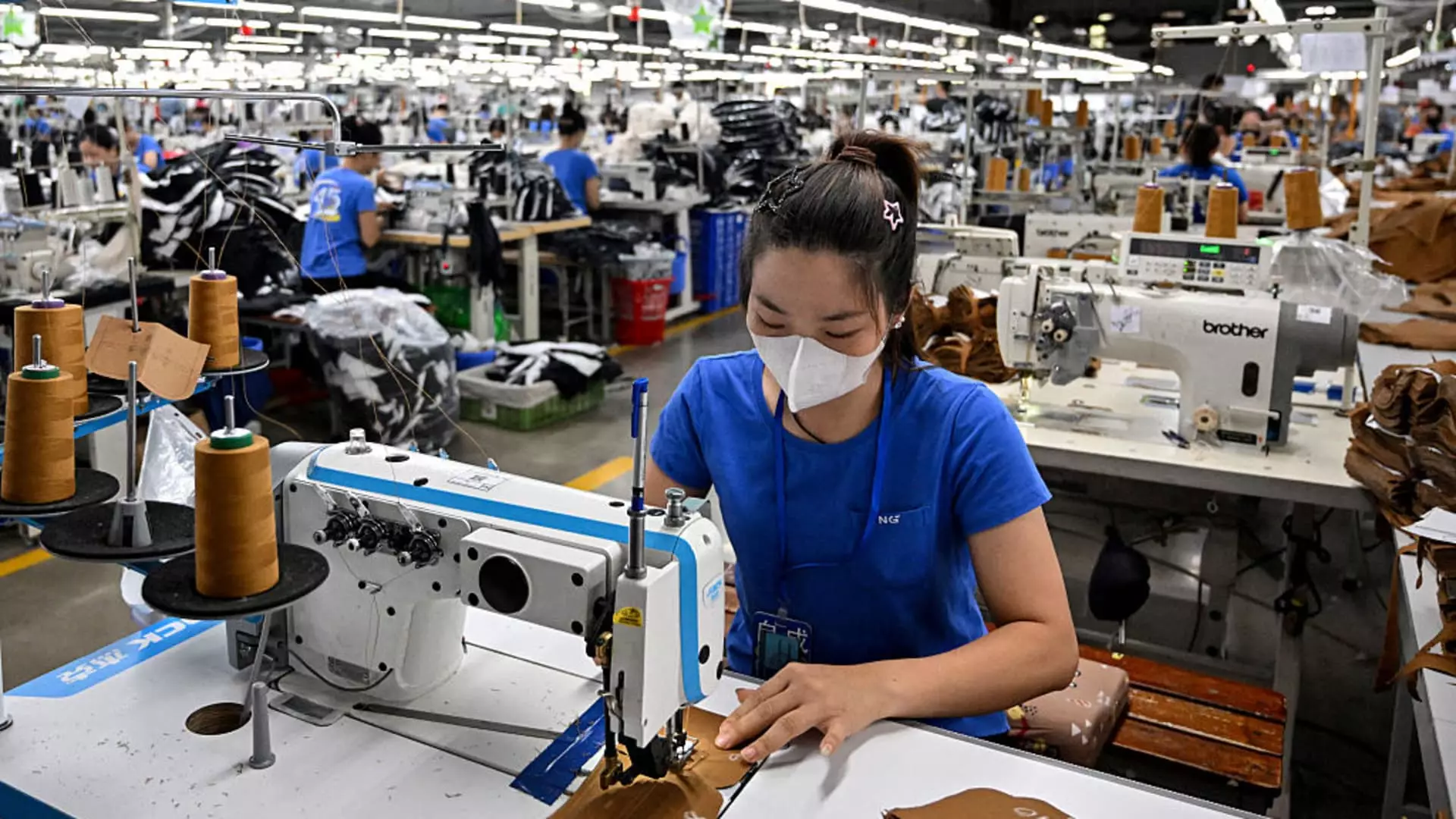Donald Trump’s recent announcement of a trade agreement with Vietnam feels more like a superficial political win than a genuine economic strategy. While the surface-level narrative suggests a triumph—based on the promise of tariff relief—closer scrutiny reveals a complex web of potential pitfalls that could harm American consumers, workers, and the broader economy. The decision to impose a 20% tariff on Vietnamese imports, coupled with rules designed to prevent transshipping, may seem tactical, but it underestimates the fragile interconnectedness of today’s global supply chains. Instead of fostering sustainable growth, this approach risks fueling inflation and economic uncertainty, putting short-term political gains ahead of long-term national stability.
Tariffs as Disguised Taxes: Who Really Bears the Cost?
Tariffs are often portrayed as a tool to protect American industries, but in reality, they act as hidden taxes on consumers and businesses. When Trump claims that Vietnam “will pay” the duty, it ignores the economic truth: the burden of tariffs is transferred to American importers and, ultimately, shoppers. These additional costs can ripple across the economy, raising prices on everyday goods—clothing, electronics, and even food. The retail sector, which relies heavily on global supply chains, faces mounting pressure, leading to higher prices that erode Americans’ purchasing power. This trend, which is already evident in rising apparel and footwear costs, feeds into a broader inflationary dynamic that could diminish the standard of living for middle-income families.
The Illusion of Reciprocity and the Risks of Protectionism
Trump’s narrative hinges on the idea of reciprocal tariffs—tariffs that are fair and balanced. Yet, the reality tells a more nuanced story. His administration’s approach appears unpredictable, with threats of tariff escalation looming over trade partners. The recent deal with Vietnam, while seemingly a diplomatic pivot, raises concerns about America’s commitment to free and fair trade principles. It underscores a protectionist mindset that may incite retaliation or foster new forms of economic warfare. The attempt to prevent transshipping from countries like China by imposing hefty tariffs on re-exported goods is a step in the right direction, but it likely oversimplifies how global supply chains operate. Companies might find loopholes, creating more uncertainty rather than stability, as the risk of future tariff hikes continues to hang overhead.
Economic Disruption Versus Political Posturing
The timing of this trade deal, just before the expiration of the 90-day tariff “pause,” is more than coincidence—it appears to be a strategic political move aimed at showcasing a hardline stance on trade. Unfortunately, this approach neglects the wider economic consequence: increased costs for American consumers and potential damage to strategic sectors. The financial markets’ minor uptick suggests a clouded optimism, but markets often overlook the long-term repercussions of protectionism. As the Federal Reserve indicates, the actual economic impact of these tariffs may only become visible months down the line, when heightened prices and disrupted supply chains begin to bite. This delay does not negate the fundamental risk that tariffs undermine economic growth, distort market signals, and discourage investment.
The Broader Vision: Is This the Center-Left Way Forward?
From a center-left perspective, there’s skepticism about the notion that tariffs are a surefire way to bolster American interests. While protecting domestic industries is appealing, it must not come at the expense of consumer affordability and international cooperation. A more balanced approach—focused on strategic investment, fair trade practices, and enhanced worker protections—would serve the nation better than reckless protectionism dressed up as economic patriotism. Tariffs, when used as an indiscriminate weapon, threaten to stifle innovation, diminish competitiveness, and fracture the delicate fabric of global economic partnerships. As such, rather than playing games of one-upmanship with trade partners, policymakers should prioritize building resilient, inclusive economic systems that advance national interests without resorting to costly tariffs.
By prioritizing short-term political victories over long-term economic stability, the Trump administration may inadvertently sow the seeds of inflation and uncertainty—a price American consumers and workers are unlikely to accept lightly. A thoughtful, center-leaning approach to trade policy would recognize the importance of cooperation and strategic flexibility, rather than relying on tariffs that ultimately hurt those they purport to protect.


Leave a Reply